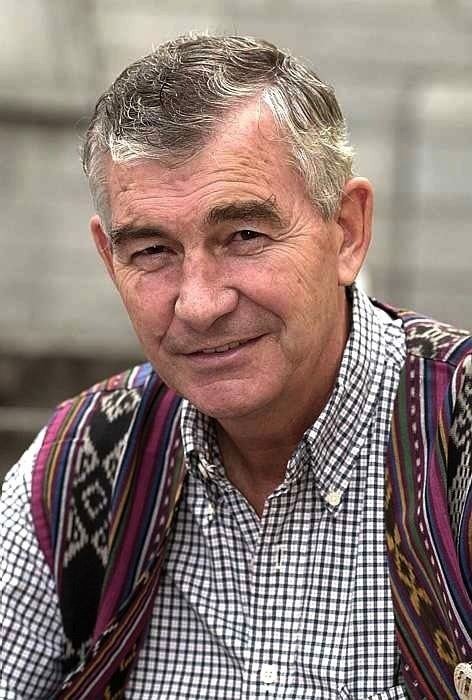Would it Have Made A Difference?
- Profiles in Catholicism

- Sep 11, 2025
- 3 min read
Updated: Sep 12, 2025

One of the big news stories in our country these past weeks is the August 27 mass shooting at a Catholic Church in Minneapolis, while the parish school children and their teachers were gathered for the Opening School Mass. Two children were killed and 17 other people (including 14 children) were injured. It is a story that resonates in a special way with many Catholics because so many of us were part of “all school Masses” or Masses at which all the parish’s religion students came together. That could have happened to us or our children or our grandchildren.
In a statement released the next day, Cardinal Cupich offered his prayers for the families affected, but then added: “The facts are clear. Guns are plentiful and common-sense attempts to limit their availability have been largely rejected in the name of a freedom not found in our Constitution. Cutbacks in funding for healthcare and social service programs will only exacerbate a national mental health crisis and increase alienation. We therefore pray for those who hold the power to make the safety of our people a national priority.”
Gun control at the national level is often sighted as the key ingredient for preventing such incidents in the future. One nation that attempted to address this issue thirty years ago is Australia. As a result of the 1996 legislation entitled The Australian National Firearms Agreement, 650,000 firearms owned by individuals were purchased by the government as part of a mandatory buyback program, and strict licensing requirement were put into place about the number and kind of firearms an individual could possess.
When I visited the Servite Friars in Australia last fall, several of them pointed to the success of the program and most news articles also tout its success. Of course, there are dissenting voices. Skeptics point out that Australia was never as violent a place as
the United States and a parallel decline in poverty and unemployment during these years may also have been a significant factor in the decline in gun violence. There has been a clear decline in the number of homicides involving firearms, but not as significant a decline in homicides themselves. People are finding other ways to kill one another.
If we look at the church shooting in Minneapolis, though, we can see that such laws could have made a significant difference. If the lone gunman had not been able to purchase three different weapons (including a high-powered rifle), he would not have been able to fire 116 shots through the stained glass windows, assuming that with that many bullets, some of them would hit a target. Since the church doors were locked from the inside, he would not have been able to enter the church with a pistol and shoot at close range. If he possessed only a knife, he might have been disarmed before any harm was done.
As close to home as this story hits, it is important that we not lose our perspective. The two children killed were only two of 28 children 10 and younger who were killed in the United States in August. That includes one five year old in Chicago who died from gunfire. Since the outbreak of the Israeli-Palestinian conflict, 18,000 children have been killed in Gaza. They left behind grieving parents also, and in war, children are also
left without parents. (This weekend Catholic churches throughout the United States are taking up a collection for Gaza relief, with the funds entrusted to Catholic Relief Services and the Catholic Near East Welfare Association.)
Any of us who walk the streets of downtown Chicago, know the presence of the mentally ill, many of them off their meds and some completely lost in their head. Sheriff Dart has noted on several occasions the high percentage of prisoners in the city jail who are mentally ill. When health services are not available, people end up in jail because there is no other place to put them. With some very dedicated volunteers, Chicago Help Initiative does some marvelous things for the unhoused population; but we know that mental illness is also a factor in the growth in homelessness. As I write this, President Trump is considering sending troops (National Guard or regular military) to help us clamp down on crime; but soldiers are not really trained in policing. Is it what we really need? that we really need?


